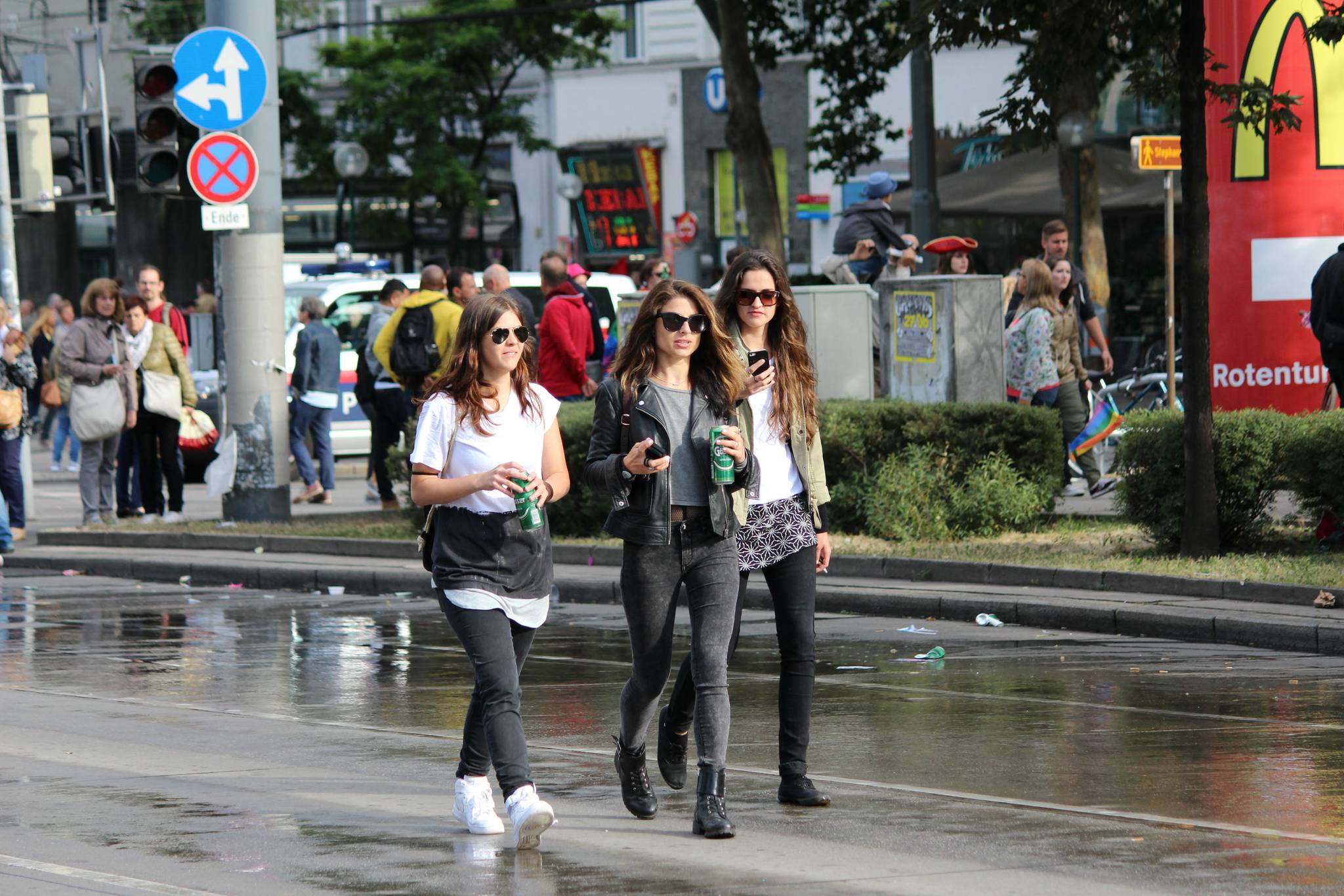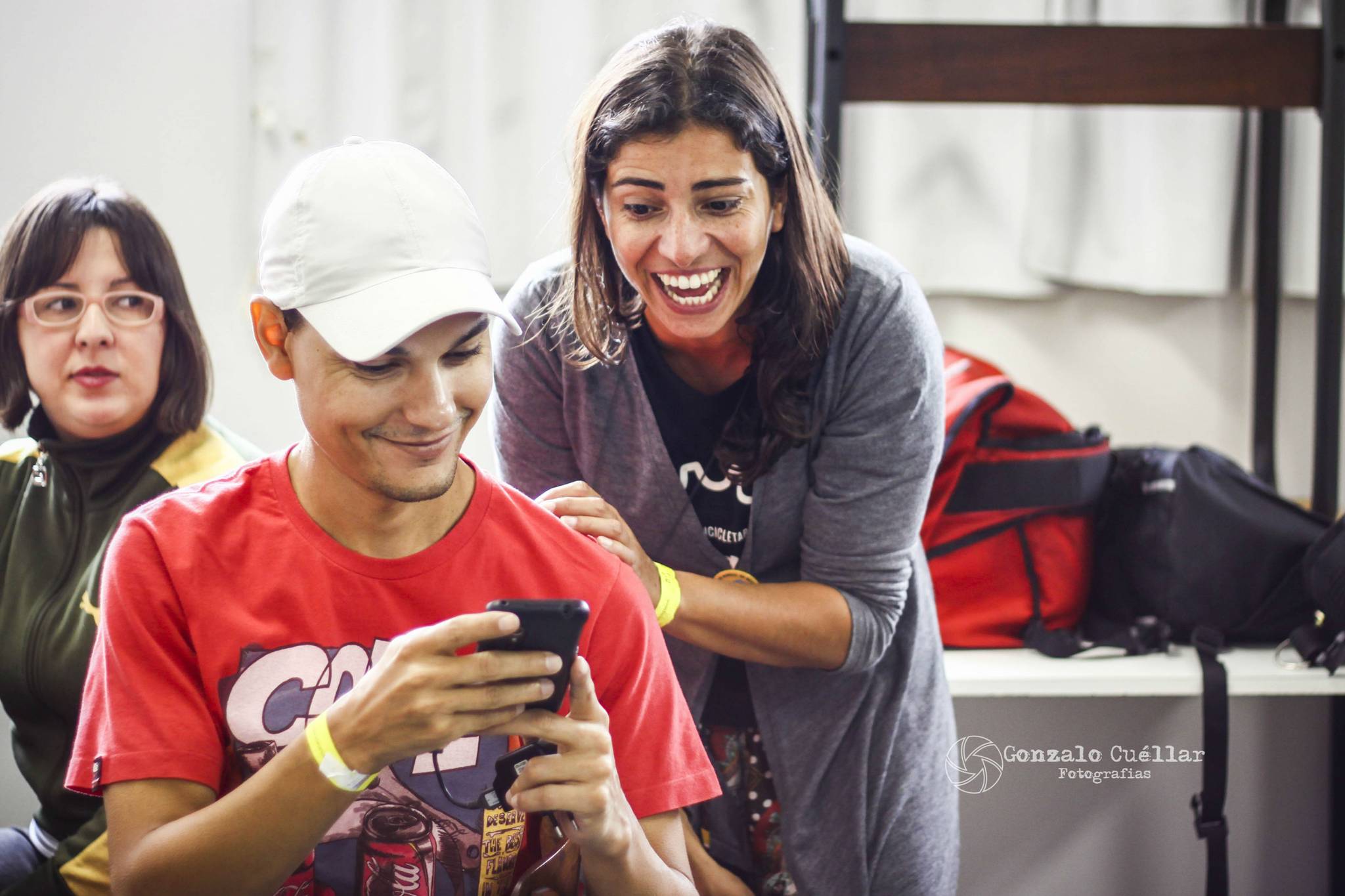
Fake news and fear mongering in the media have many people questioning the world view they’re getting. But in Norway, a broadcaster is making sure Gen Z isn’t misinformed. Using Instagram and Snapchat, NRK brings reliable information to the nation’s youth. We explore the insights behind why a broadcaster is using social media to target and educate teens on current affairs.
Norwegian state broadcaster NRK – responsible for teen TV hit Skam – will act as a youth news platform, explaining current affairs to 8- to 12-year-old kids. Of Norway’s 300,000 children, 80,000 follow the broadcaster on Instagram, and 10,000 watch its Snapchat stories, so NRK is using social media along with TV and web-based content to keep kids up-to-date with the news. “The important thing for us is to cover issues like terrorism, refugees dying trying to come to Europe, to explain North Korea, and then there is a big case in Norway now with a famous police officer being charged with corruption,” says Frank Sivertsen, NRK’s chief of staff. “Explaining difficult matters like that is one of the basic things we are doing.”

The project comes about at a time when information credibility is a global concern. Amid sensationalist stories and fake news, people are wary of how media outlets are shaping their perception of the world – and with over three million active Facebook users in Norway, it’s a ready pool of users ready to digest NRK’s content.
As younger people become accustomed to deferring to social platforms, NRK joins Wikipedia and Facebook in attempting to tackle the problem of information quality head-on – before the next generation falls subject to fake news and filter bubbles. “The most important thing in a functional society is a well-informed public,” says journalist Matt Masur. ”What we have now is not only uninformed but misinformed masses.” By enlisting a platform that Gen Z is familiar with to produce content that sits alongside peer-generated content which they trust more, NRK is leading the way in delivering credible information and world news to those who will shape society in the future.
Mira Kopolovic is a writer and researcher at Canvas8, which specialises in behavioural insights and consumer research. She has an MA that focused on visual culture and artist-brand collaborations. She spends her spare time poring over dystopian literature.



